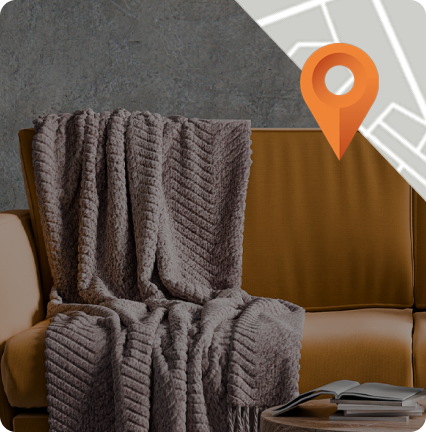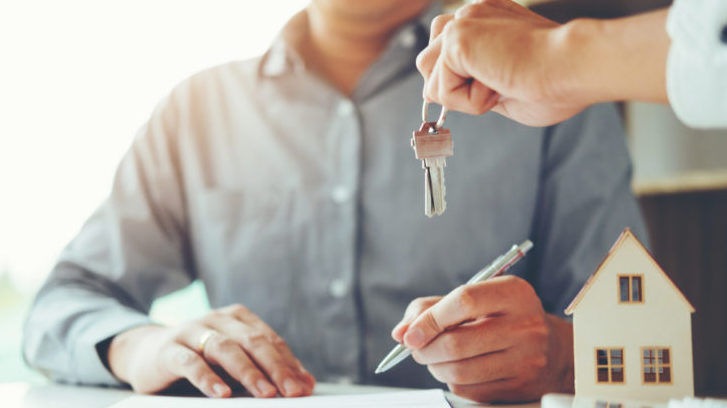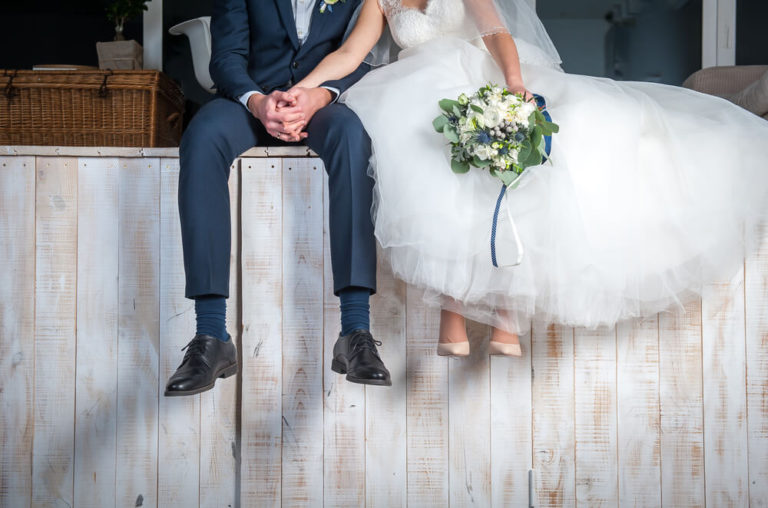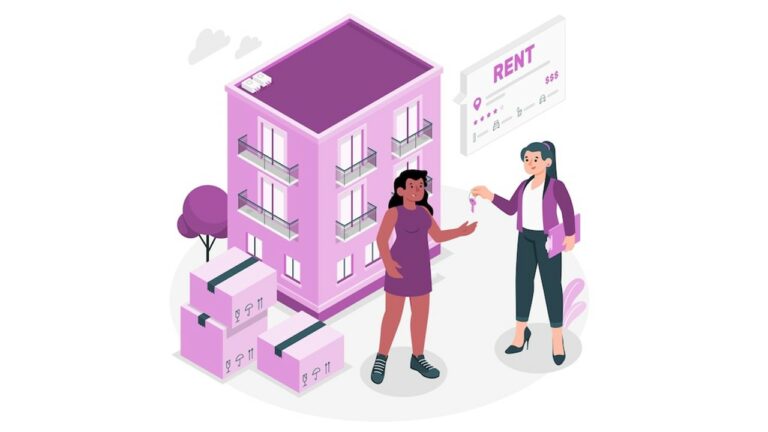In most tenancy agreements, the duties of the landlord and tenant are written into the contract. A breach of any of these terms could lead to a termination of the tenancy, resulting in many types of issues for both parties.
Tenancy Agreement Basics
It is important to be aware of the terms within the tenancy agreement as they set out each party’s rights and duties. These agreements safeguard both parties in the event of a dispute that could potentially lead to the termination of the contract.
Tenants will have their own responsibilities under the agreement, such as paying regular rent and agreeing not to assign the lease to another party, but it is the landlord’s duty to establish the initial terms and ensure that they are clear to the tenant.
Although the landlord sets out the initial rules for the agreement, they also have a responsibility to not abuse the terms. For example, if a landlord leases a store to a tenant within a mall, he cannot prevent customers from getting into the unit.
5 key responsibilities a landlord should take note:
1. Confirmation of tenant’s identity
Obtain the name of the tenant and verify the validity of the tenant’s NRIC (Singaporean/ SPRs) or Passport number (Foreigners). Verify a foreigner’s Employment Pass, S Pass or Work Permit issued by Ministry of Manpower, or Student Pass, Dependant’s Pass or Long-Term Social Visit Pass issued by Immigration Checkpoint Authority. This will ensure they have a valid reason to stay in the country, and will prevent the unwanted scenario of housing an illegal immigrant.
2. Stamp duty
Within 14 days of signing the tenancy agreement, stamp duty on the rental must be paid to the Inland Revenue Authority of Singapore (IRAS). The party who has agreed to pay the stamp duty should be sure that the duty has been fully paid by requesting the stamp duty certificate.
3. Check if the agent (if one is engaged) is registered
Council for Estate Agencies’ Public Register has all the professional information about a property agent for easy fact-checking. The Public Register lists all the information of a certified property agent, so you can be sure you aren’t being conned by someone looking to make a quick buck. At Ohmyhome, all our in-house agents are registered and have a valid CEA number.
4. Ensure contract is clear on repair costs
In most leases, there is a clause that states that the tenant shall not damage the property during the term of the lease. Landlords should clearly define the financial penalty if this isn’t adhered to.
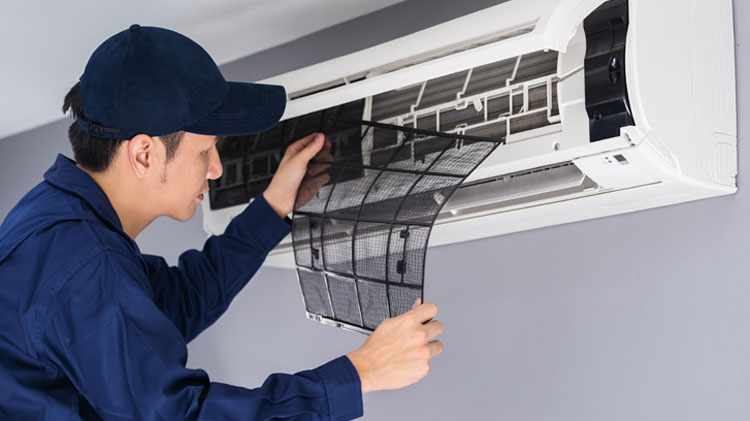
Tenants are usually also required to pay for certain repairs that arise during their stay. Thus, the responsibility for repairs – such as ceiling leaks, faulty electrical appliances, and peeling paint – depends on the negotiation between the landlord and tenant.
One possible arrangement is for tenants to pay any repair costs up to certain threshold, with landlords covering excess charges for major repairs.
5. Condo maintenance fee or HDB conservancy charges
In most tenancy agreements, it is the landlord’s responsibility to pay all taxes, rates, assessments, conservancy charges and outgoings with respect to the premises, except for those that the tenant has agreed to pay.
However, both parties are free to make their arrangements before signing the tenancy.
Frequently Asked Questions on a condo landlord’s duties and responsibilities?
1. Can the landlord enter the property without notifying tenants?
In general, landlords cannot just walk into your property whenever they want, and do “spot checks.” They are encouraged to get prior permission, and tenants can ask to arrange for a different day or time.
2. Can the landlord view the house with just a few hours notice?
In the event a landlord needs to let others into their home for viewings to potential tenants, most TAs require 24 hours or 48 hours advance notice.
3. Should tenants repair faulty appliances without landlord approval?
Most TAs usually forbid tenants to attempt repairs and you can be held liable if they go wrong. However, if your landlord is specifically asking you to try such measures, make sure you get it in writing.
Landlords should be maintaining its good condition by getting a professional to fix things as tenants are not supposed to be the ‘free labour’.
4. Can the landlord change the terms of the TA midway?
Your landlord cannot add or change the conditions of the TA once it’s been signed, for the duration of the lease. However, some landlords may try to come to unofficial agreements. For example, they may offer a discount on rent if the tenant stops smoking in the house. If these kinds of agreements are made, it could result in legal issues or disputes later.
5. Can the landlord install cameras in the unit?
The landlord should explain why monitoring equipment is being installed. The presence of such devices should be known to the tenant before the signing of the TA.
However, an exception would be for surveillance equipment aimed outside the house, such as a CCTV aimed at the common corridor.
6. Can the landlord store hazardous materials in the unit?
Never accept a request to store something dangerous or illegal. The property should be free of things like unlicensed cigarette cartons, pirated DVDs, rare animal parts, etc. Because you are staying on the property, you may be accused of owning these items in the future.
7. Can the landlord lock the tenant out for reasons outside the TA?
Your landlord cannot just change the locks if they’re unhappy with you during a valid tenancy. Seek legal help if your landlord does this.
9. Can the landlord take the furniture away mid-tenancy?
Be aware of what’s included in the inventory list if you rent with partial or full furnishings. A landlord cannot reverse that decision later.
Let the professionals handle the paperwork
If all this sounds like too much of a headache to handle, Ohmyhome’s in-house agents help landlords work out contract details with tenants, and even help to mediate the situation when a dispute arises.
Call us at 6886 9009 to secure an appointment today or message us on Intercom, which can be found at the bottom, right-hand corner of the screen. You can also WhatsApp us at +65 9727 5270!





